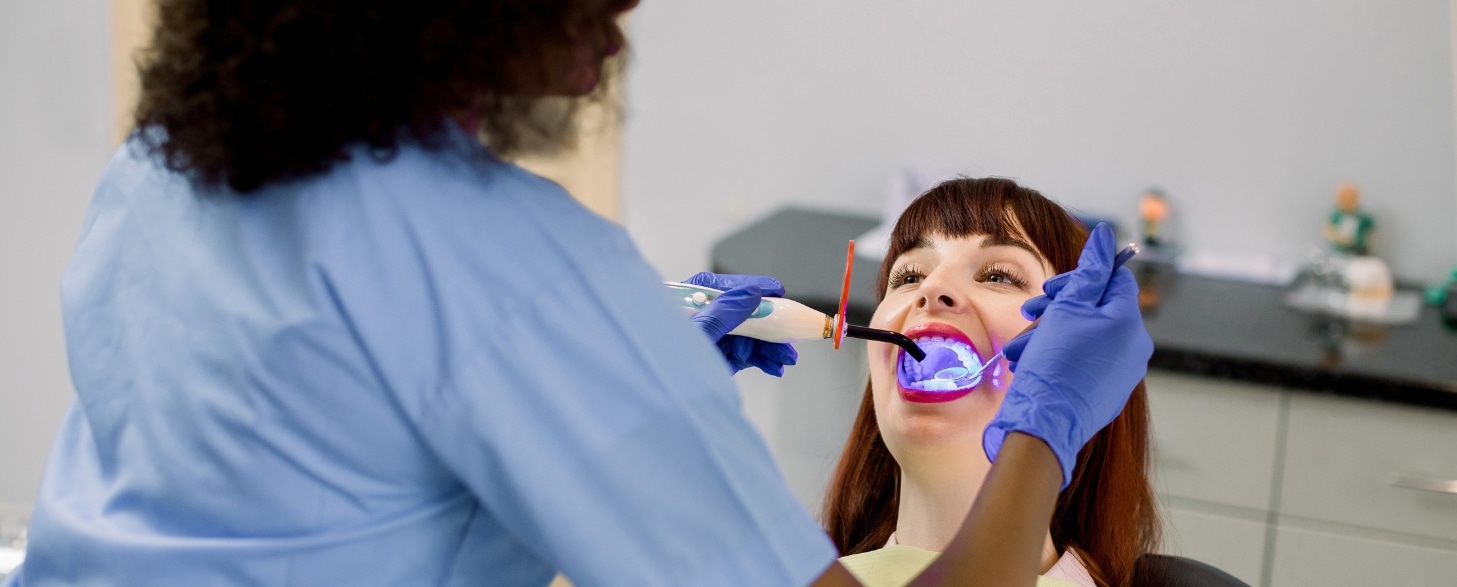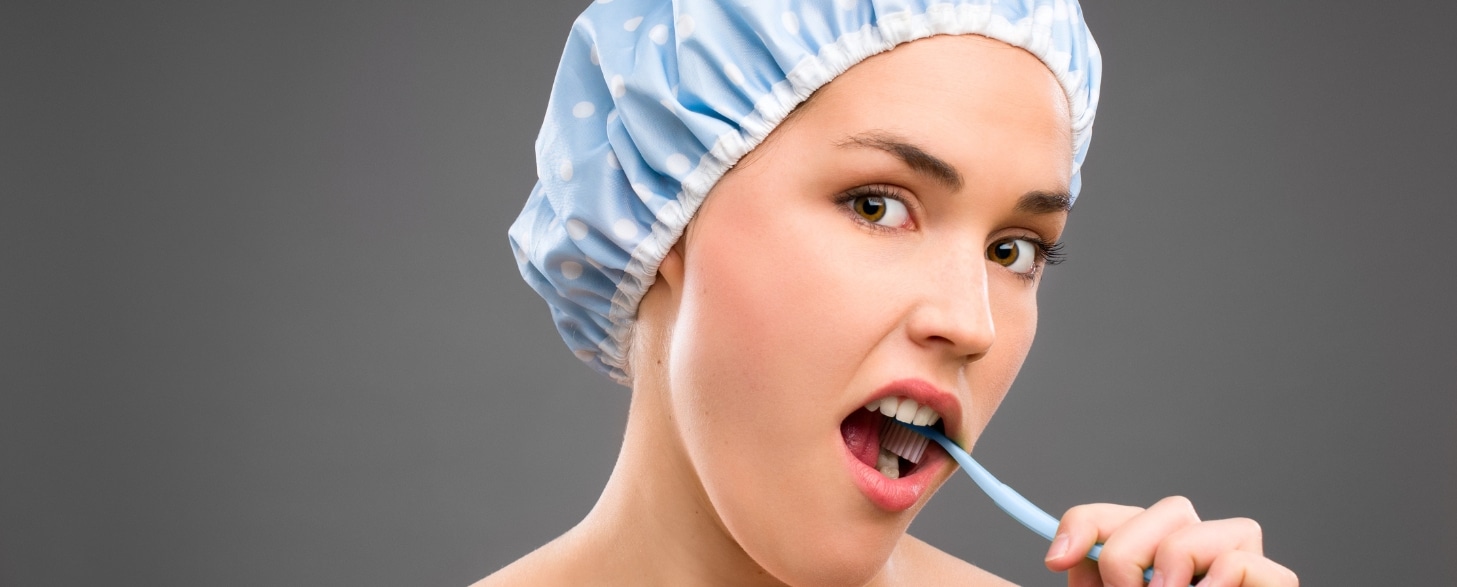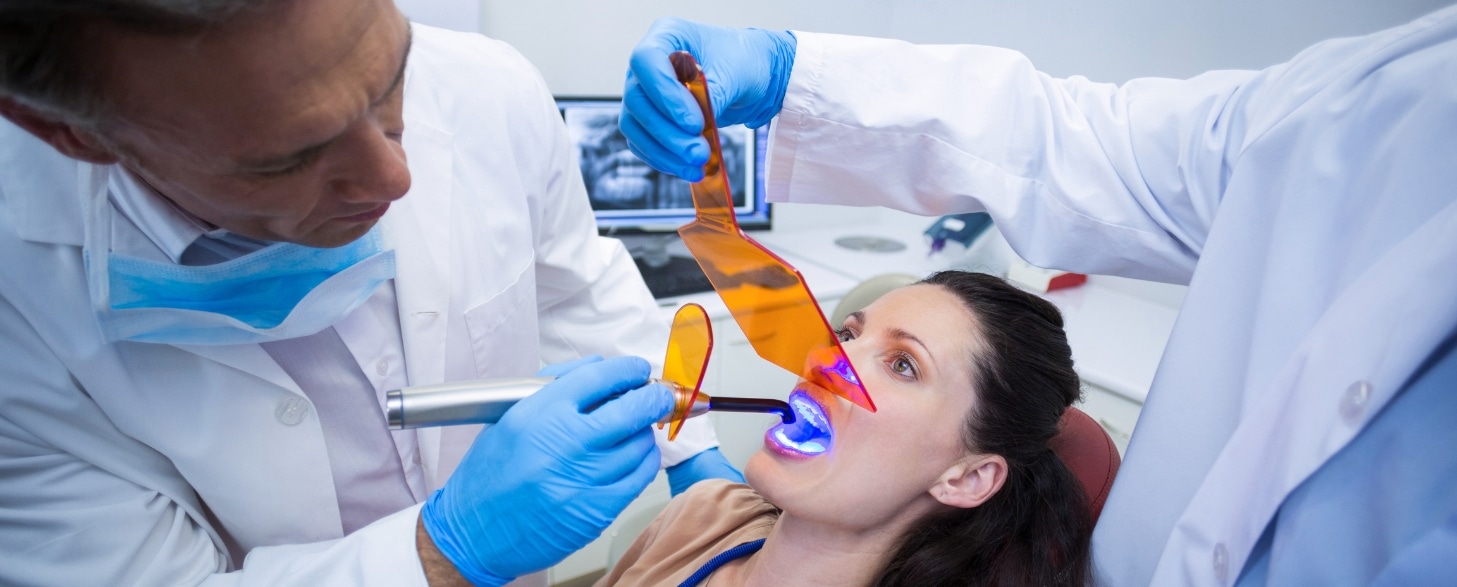Can I Drink Alcohol After Teeth Whitening?
San Antonio, TX

Teeth whitening treatments can dramatically brighten your smile, boosting your confidence and making you feel more attractive. However, achieving the best results from teeth whitening involves more than just undergoing the treatment; it also includes following specific aftercare guidelines. One common question that arises post-whitening is whether it’s safe to drink alcohol. In this comprehensive guide, we’ll delve into the relationship between alcohol consumption and teeth whitening, exploring how alcohol can affect your results and offering practical advice to ensure you get the most out of your whitening treatment.
Understanding Teeth Whitening
Teeth whitening is a cosmetic dental procedure designed to lighten the color of your teeth and remove stains. The treatment typically involves the application of a whitening gel containing hydrogen peroxide or carbamide peroxide, which breaks down stains and whitens the teeth.
There are two main types of teeth whitening treatments:
- In-Office Whitening: Performed by a dentist, this method uses stronger whitening agents and specialized equipment. Results are usually noticeable after just one session.
- At-Home Whitening: This involves using over-the-counter products or custom trays provided by your dentist. While more convenient, it generally takes longer to achieve desired results.
Both methods are effective, but they require careful aftercare to maintain the whitening effect.
How Alcohol Affects Your Teeth
Before we dive into the specifics of alcohol consumption post-whitening, it’s important to understand how alcohol can impact your dental health and whitening results:
- Staining Potential: Alcoholic beverages, particularly dark-colored ones like red wine, can contribute to tooth discoloration. The pigments and tannins in these drinks can stain the porous enamel, making it harder to maintain a bright smile.
- Enamel Erosion: Many alcoholic drinks, especially those with high acidity, can erode tooth enamel over time. Eroded enamel can make teeth more susceptible to staining and reduce the effectiveness of whitening treatments.
- Dehydration: Alcohol is a diuretic, meaning it can lead to dehydration. A dry mouth reduces saliva production, which plays a crucial role in washing away food particles and bacteria. Less saliva can increase the risk of staining and oral health issues.
Can You Drink Alcohol Immediately After Teeth Whitening?
After a teeth whitening treatment, it’s generally recommended to avoid certain foods and beverages that could compromise the results. Alcohol falls into this category for several reasons:
- Increased Porosity: Immediately after whitening, your teeth may be more porous, making them more prone to staining. Alcoholic beverages, especially dark or acidic ones, can penetrate these pores and cause discoloration.
- Sensitivity: Teeth whitening can temporarily increase tooth sensitivity. Consuming alcohol, particularly in large amounts or at extreme temperatures, can exacerbate this sensitivity, causing discomfort.
- Bonding Agents: If you’ve undergone professional whitening, your dentist might use a bonding agent that needs time to set properly. Drinking alcohol too soon could interfere with this process, affecting the final results.
Tips for Drinking Alcohol After Teeth Whitening
If you choose to consume alcohol after the recommended waiting period, here are some tips to minimize any potential negative effects:
- Opt for Clear or Light-Colored Drinks: Choose clear or light-colored alcoholic beverages like vodka or gin, which are less likely to stain your teeth compared to dark liquors and wines.
- Use a Straw: Drinking through a straw can help reduce the contact of alcohol with your teeth, minimizing the risk of staining.
- Rinse Your Mouth: After consuming alcohol, rinse your mouth with water to help wash away any residue that might contribute to staining. This is especially important if you consume acidic or pigmented drinks.
- Maintain Good Oral Hygiene: Continue to brush and floss regularly to remove any potential staining agents from your teeth and gums. Consider using a whitening toothpaste to help maintain the brightness of your smile.
- Stay Hydrated: Drink plenty of water to counteract the dehydrating effects of alcohol and keep your mouth hydrated. Proper hydration supports saliva production, which helps protect your teeth from staining.
Long-Term Maintenance Tips
To keep your smile bright and white over the long term, follow these additional tips:
- Regular Touch-Ups: Depending on the whitening method used, you might need periodic touch-ups to maintain your results. Consult with your dentist to determine the best schedule for your needs.
- Avoid Staining Foods: In addition to alcohol, limit your intake of foods and drinks known to cause staining, such as coffee, tea, and soy sauce.
- Professional Cleanings: Schedule regular dental cleanings to remove surface stains and plaque buildup. Professional cleanings can help keep your teeth looking their best.
- Consult Your Dentist: If you have concerns about how specific habits or products might affect your whitening results, consult your dentist for personalized advice and recommendations.
In summary, while it’s best to avoid alcohol immediately after a teeth whitening treatment to ensure the best results, you can still enjoy alcoholic beverages with some precautions. By waiting at least 24 to 48 hours, opting for clear or light-colored drinks, and maintaining good oral hygiene, you can help preserve your bright, white smile. Remember, the key to long-lasting whitening results is not only in the treatment itself but also in how you care for your teeth afterwards. For any specific concerns or questions, always consult with your dentist to receive tailored advice based on your unique needs.






